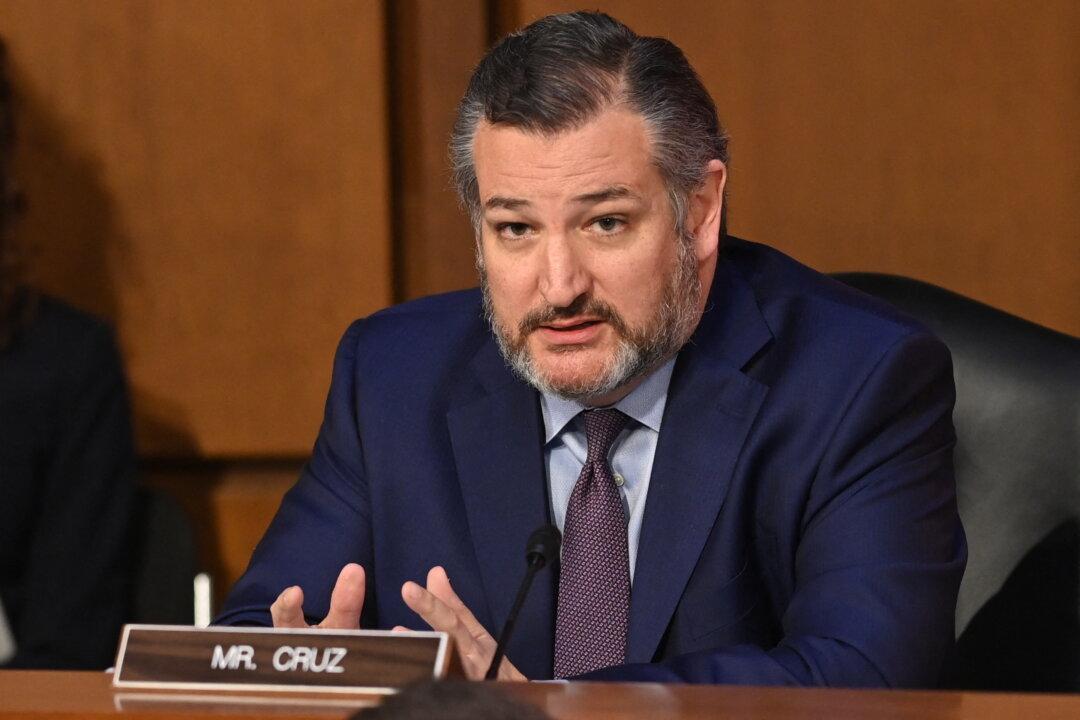Sen. Ted Cruz (R-Texas) introduced a bill that would stop the Council of the District of Columbia from using federal funds to allow noncitizens, including illegal immigrants, to vote in local elections (pdf).
“Voting is a distinct right and privilege that American citizens enjoy in the United States. It is a responsibility not to be treated lightly, and it must be protected,” Cruz wrote on Twitter. “Voters decide not only who will lead our country, our cities, and communities but also how our tax dollars should be spent and what policies we should adopt.”





